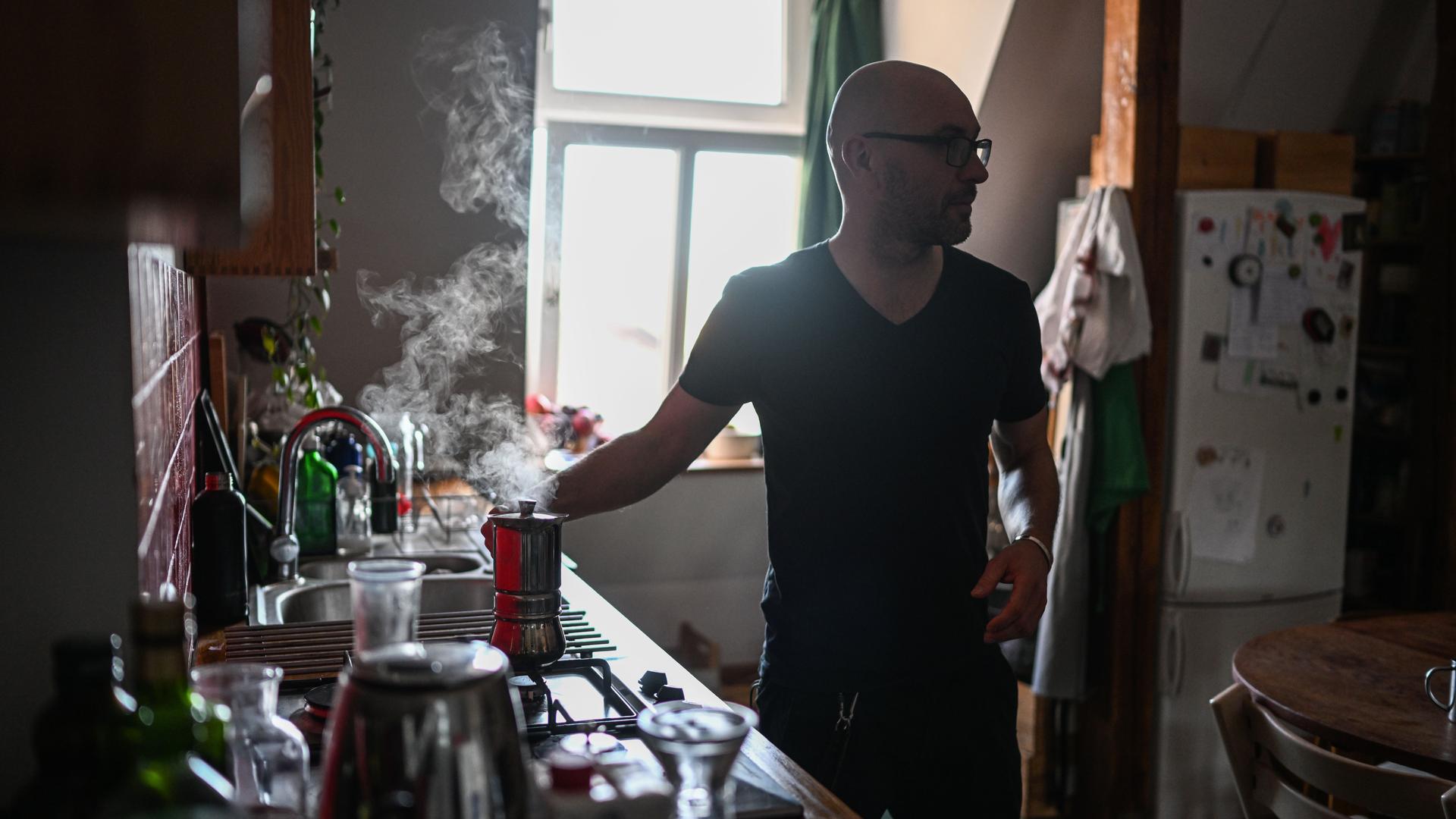Heating bills will surge. There may be blackouts. But as Europe’s looming winter energy crisis draws closer, Waldemar Czapor said that he has a plan.
The 47-year-old genealogist, who lives in the town of Przemysl on the Polish-Ukrainian border, points to a small cast iron fireplace in the corner of his living room.
“We’ve got some wood stored … what else can we do,” said Czapor, who lives with his partner and two young daughters in a 900-square-foot apartment.
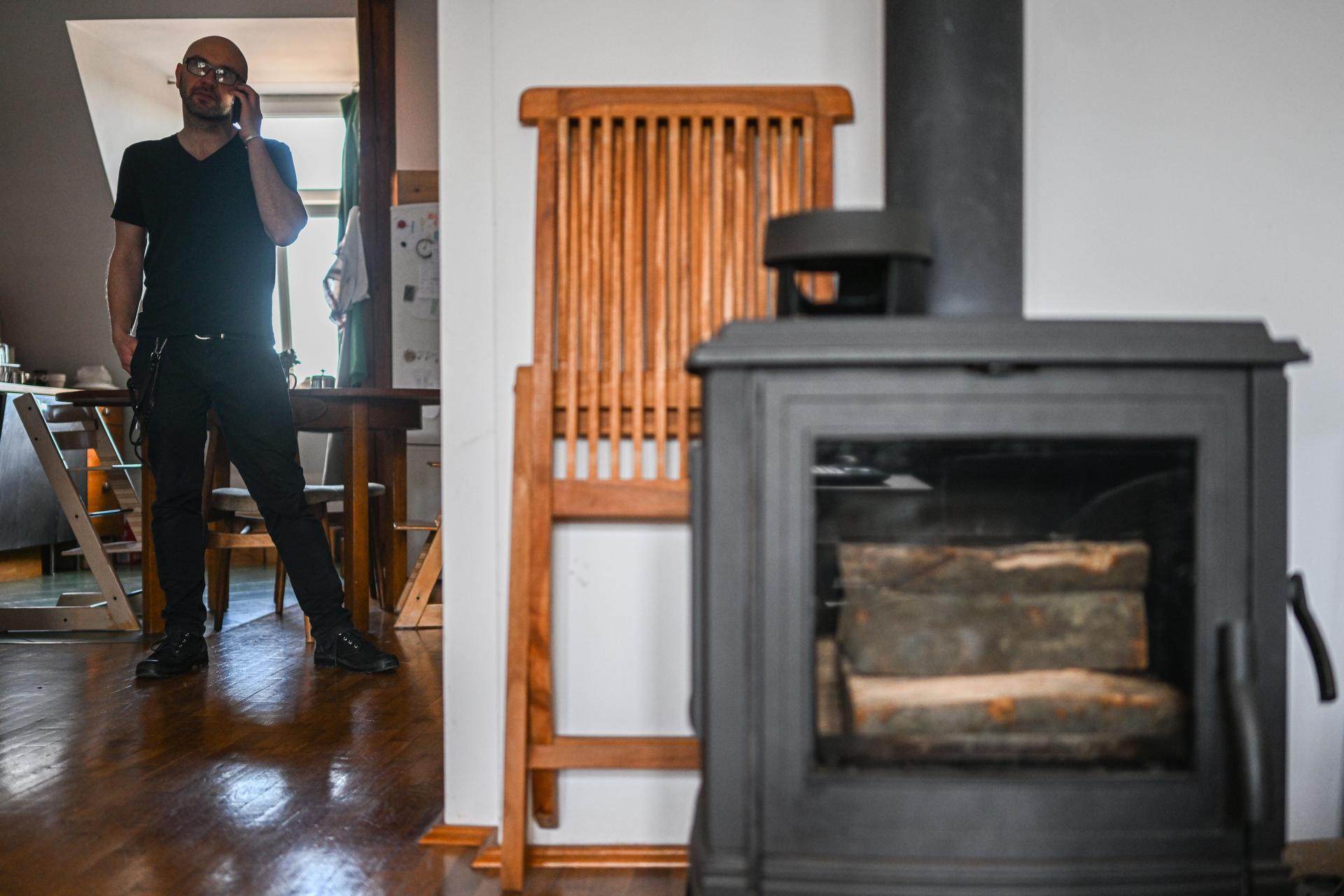
“Winter is coming.”
As more Europeans feel the weight of the energy crisis, brought on by the war in Ukraine, fears are growing that pressure will mount for EU leaders to loosen sanctions against cheap Russian oil. But Poland, once the third-largest importer of Russian gas, is not giving in.
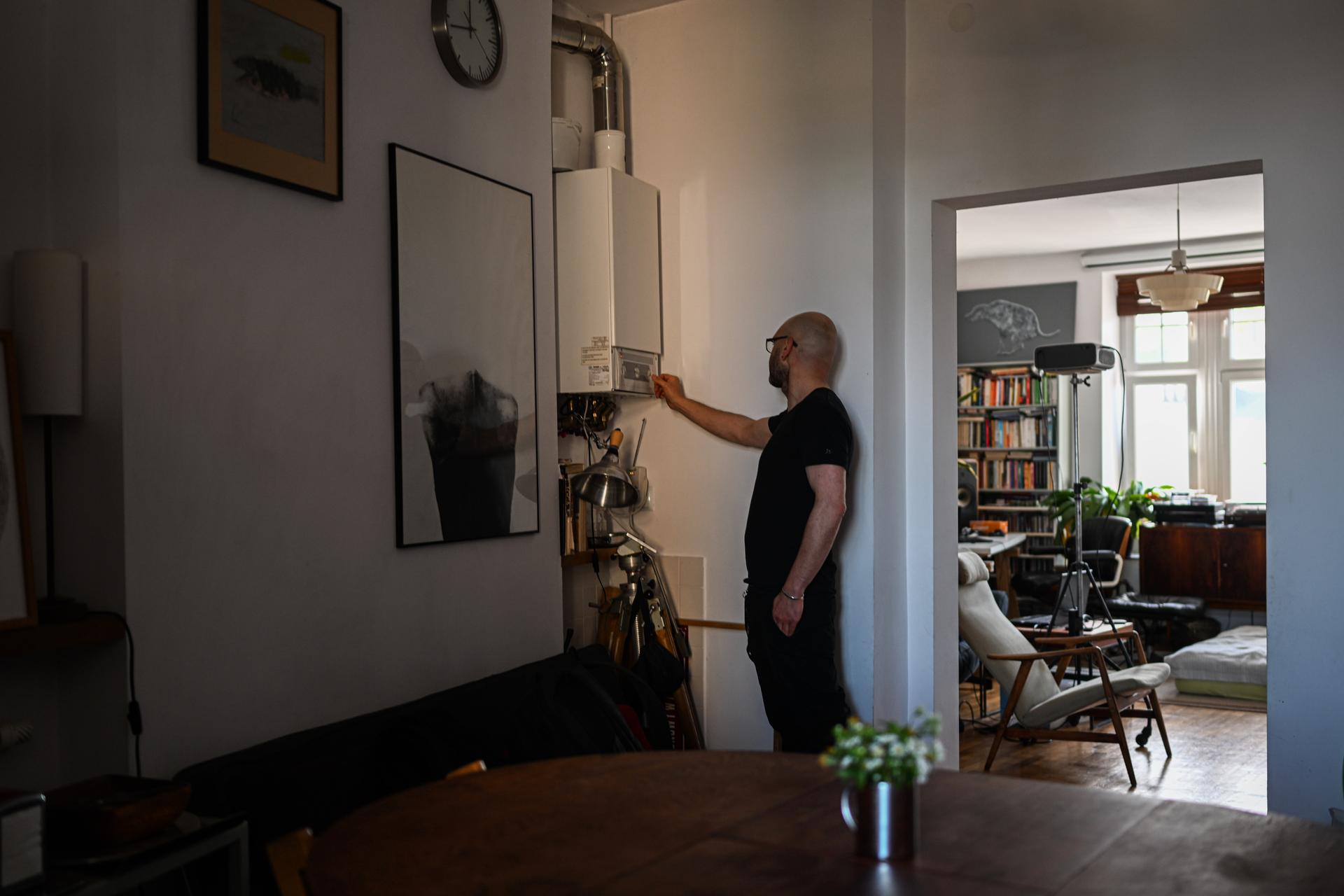
“We are not going to surrender,” Polish Prime Minister Mateusz Morawiecki told The Washington Post in a recent interview. “We are not going to leave Ukraine without support.”
It’s a sentiment shared by most Poles, with a recent YouGov poll finding that Poles were most likely of any EU country to support further sanctions against Russia in the face of rising prices.
“We understand the situation is difficult,” Czapor said. “After all, there’s a war going on 12 kilometers [7.5 miles] from our house.”
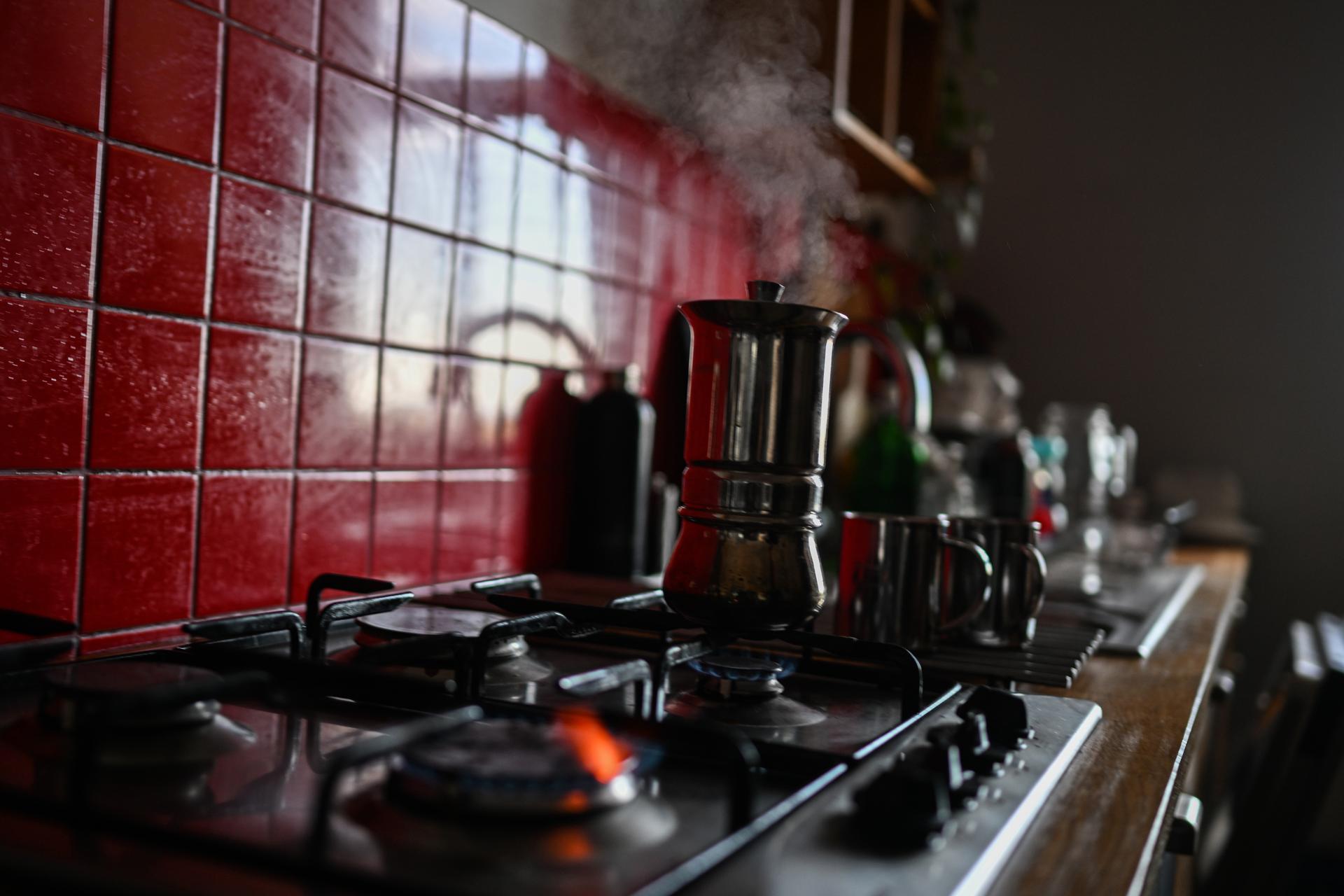
Like many Eastern European countries that share a border (and tense history) with Russia, Poland has long been skeptical of the Kremlin’s foreign policy.
“This fear that Russia is using against Europe, it’s something we [in Poland] have known about for many years,” said Joanna Mackowiak-Pandera, president of the Warsaw-based think tank Forum Energii.
“We have been frustrated that other countries did not see this threat.”
Indeed, a recent Pew Research poll found that 94% of Poles see Russia as a major threat.
But even if public discontent for the Kremlin still outweighs the burden of the oncoming energy and cost of living crisis, that doesn’t mean Poland isn’t feeling the weight. In fact, the country is dealing with some of the toughest economic consequences.

Poland’s inflation rate reached an astonishing 17.2% in September, well above the 10% average in Europe.
Energy prices are also soaring, with some universities saying they’re being forced to move classes online after energy bills shot up by as much as 700%.
The situation led to a standoff earlier this month between Poland’s central government and a number of opposition mayors from cities across the country who said the central government wasn’t providing them with enough relief.
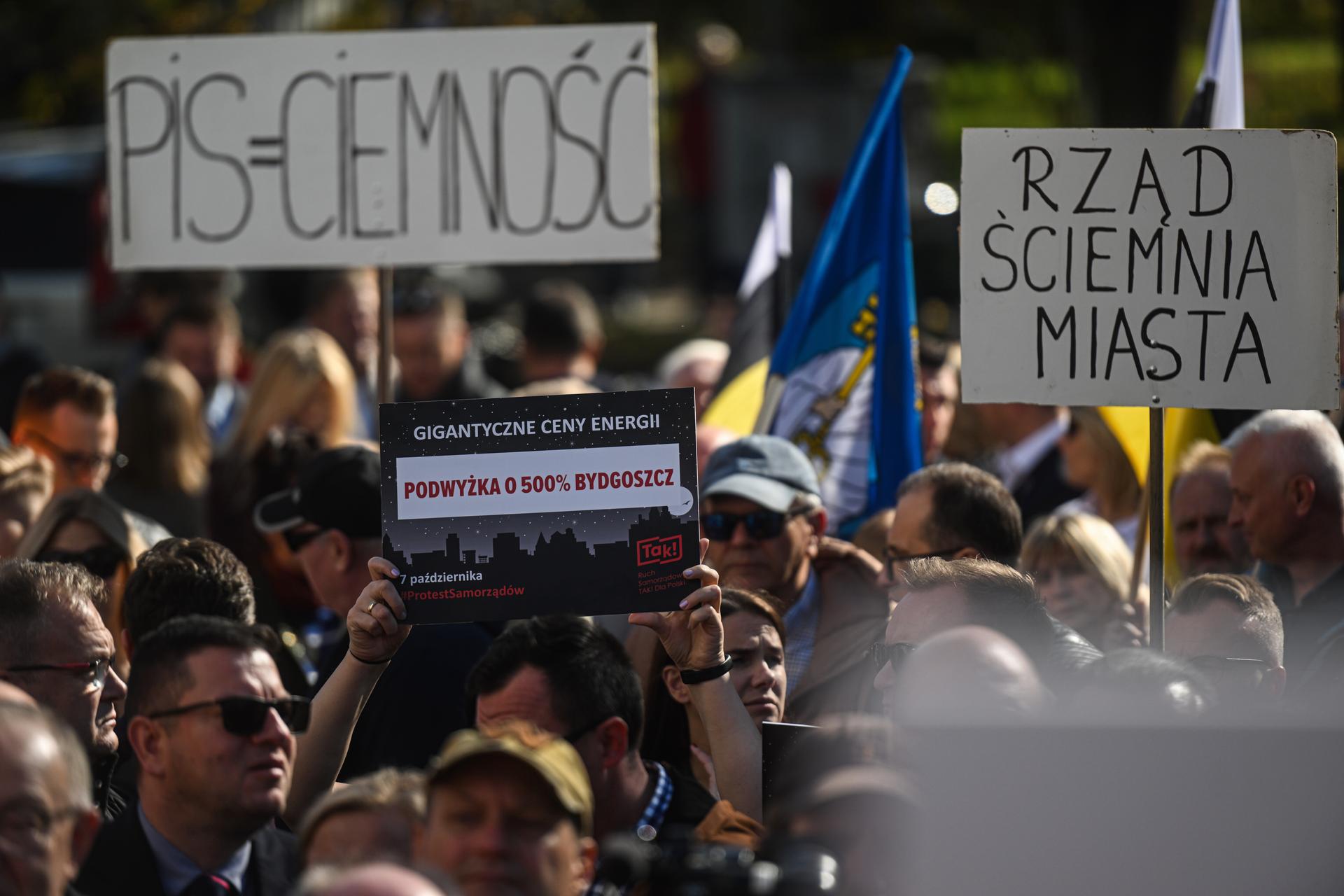
“It’s impossible to pay for these 1,000% increases,” said Jacek Karnowski, the mayor of Sopot, a town of around 40,000 people on the Baltic coast.
Karnowski was one of dozens of mayors who protested in central Warsaw earlier this month, demanding that the government step in to cap energy prices.
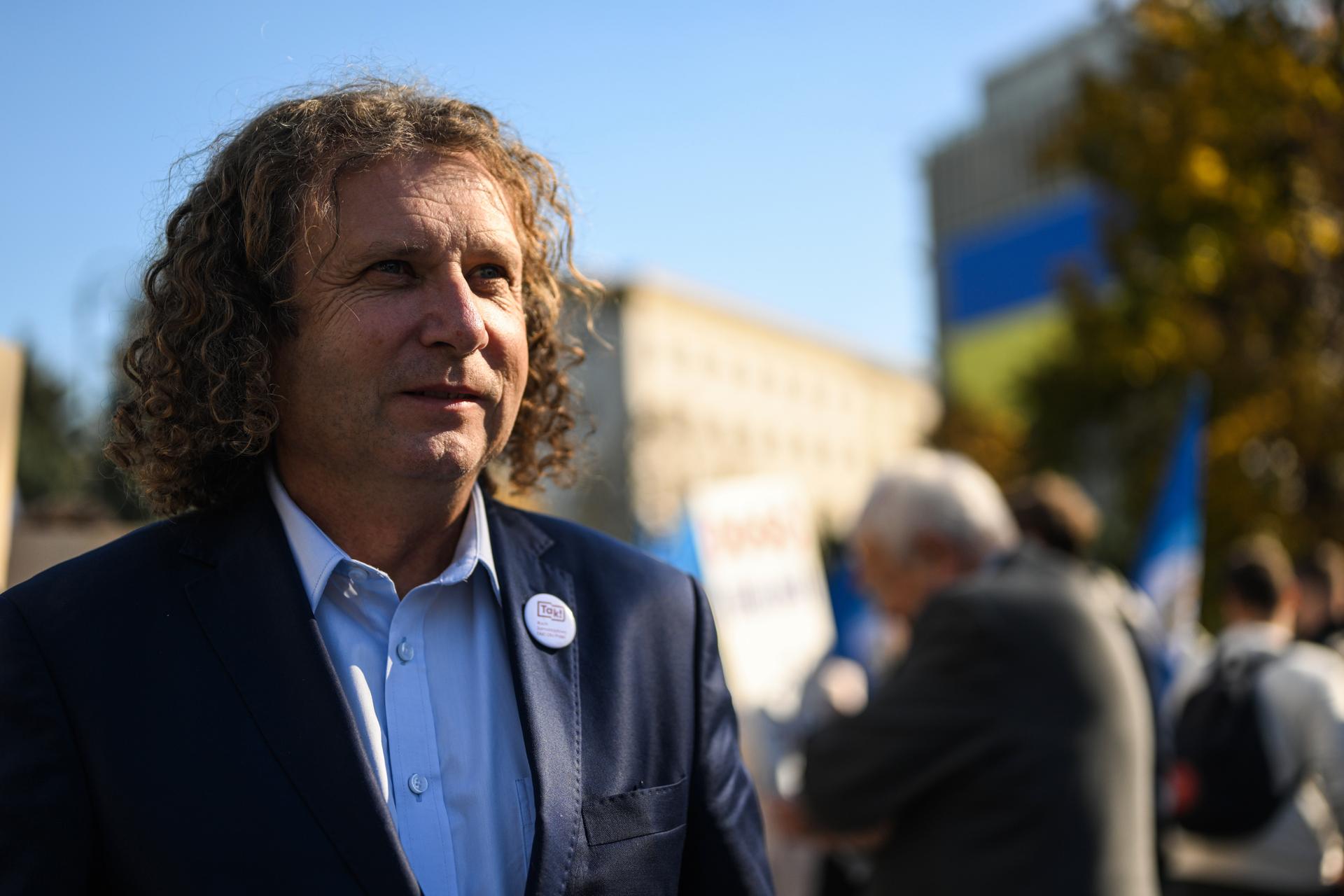
In the end, the mayors got their way.
The Polish government agreed to impose energy price caps through the end of 2023; most consumers will see their monthly energy bills increase, but only by 8% to 15%.
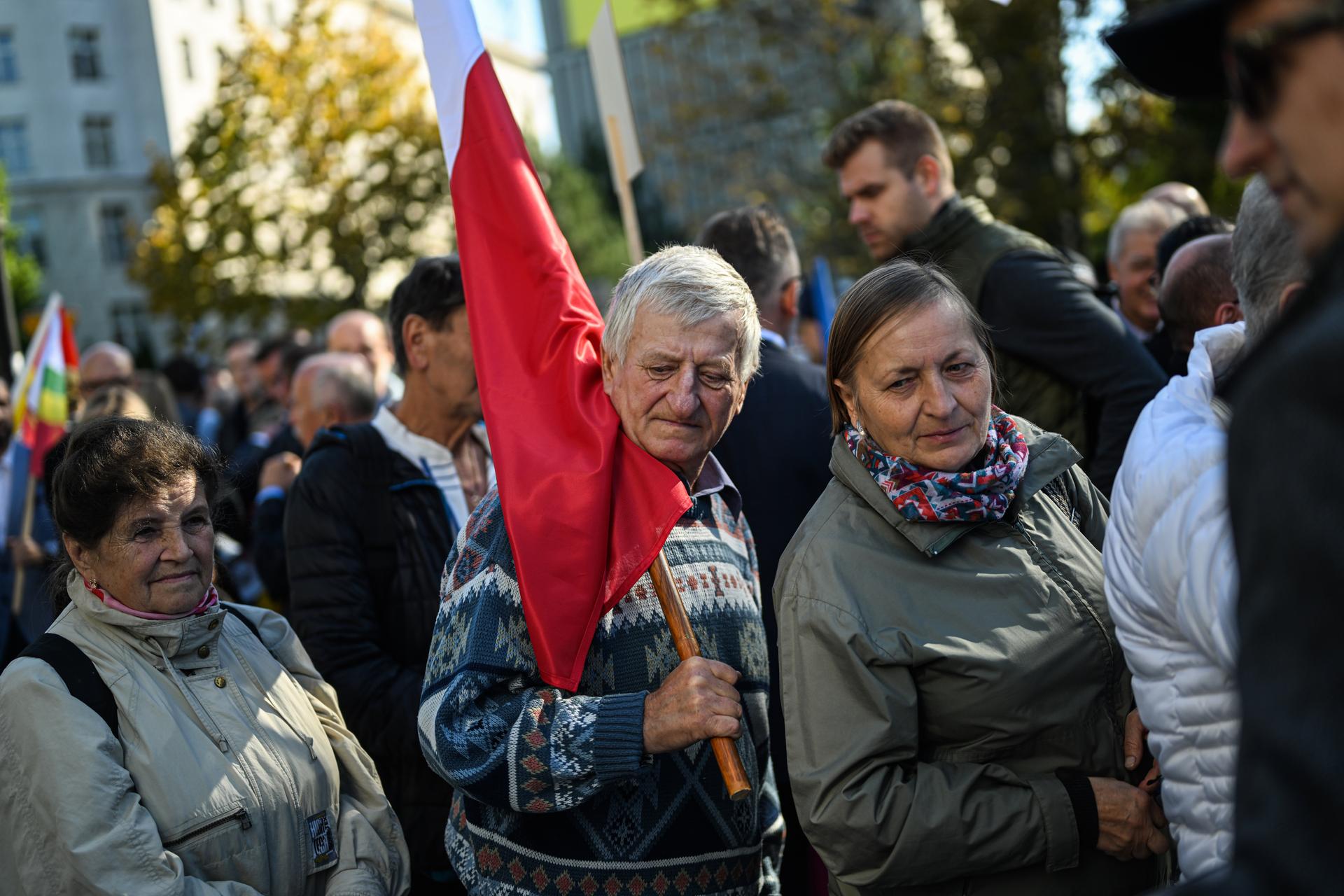
Preparing for shortages
There are also fears that subsidies could lead to energy shortages.
“We see a lot of governments focusing on subsidizing energy instead of saving energy,” said Mackowiak-Pandera, who argues the issue with focusing on subsidies versus saving is that people will be less conscious about how much energy they’re using.
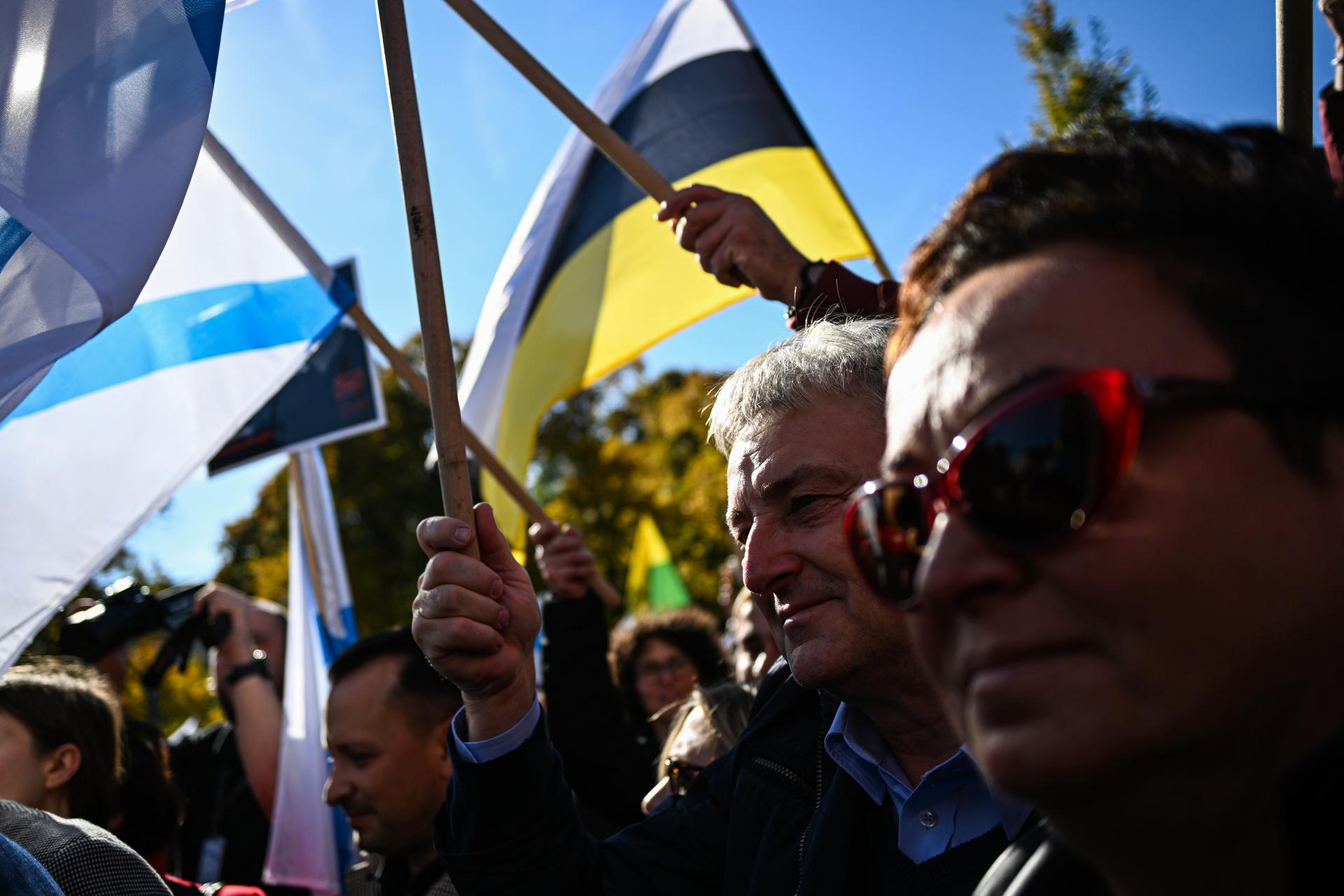
“We should expect that there may be no electricity for up to three hours a day in some regions.”
Then, there’s the issue of coal, which is used to heat around a third of Polish households.
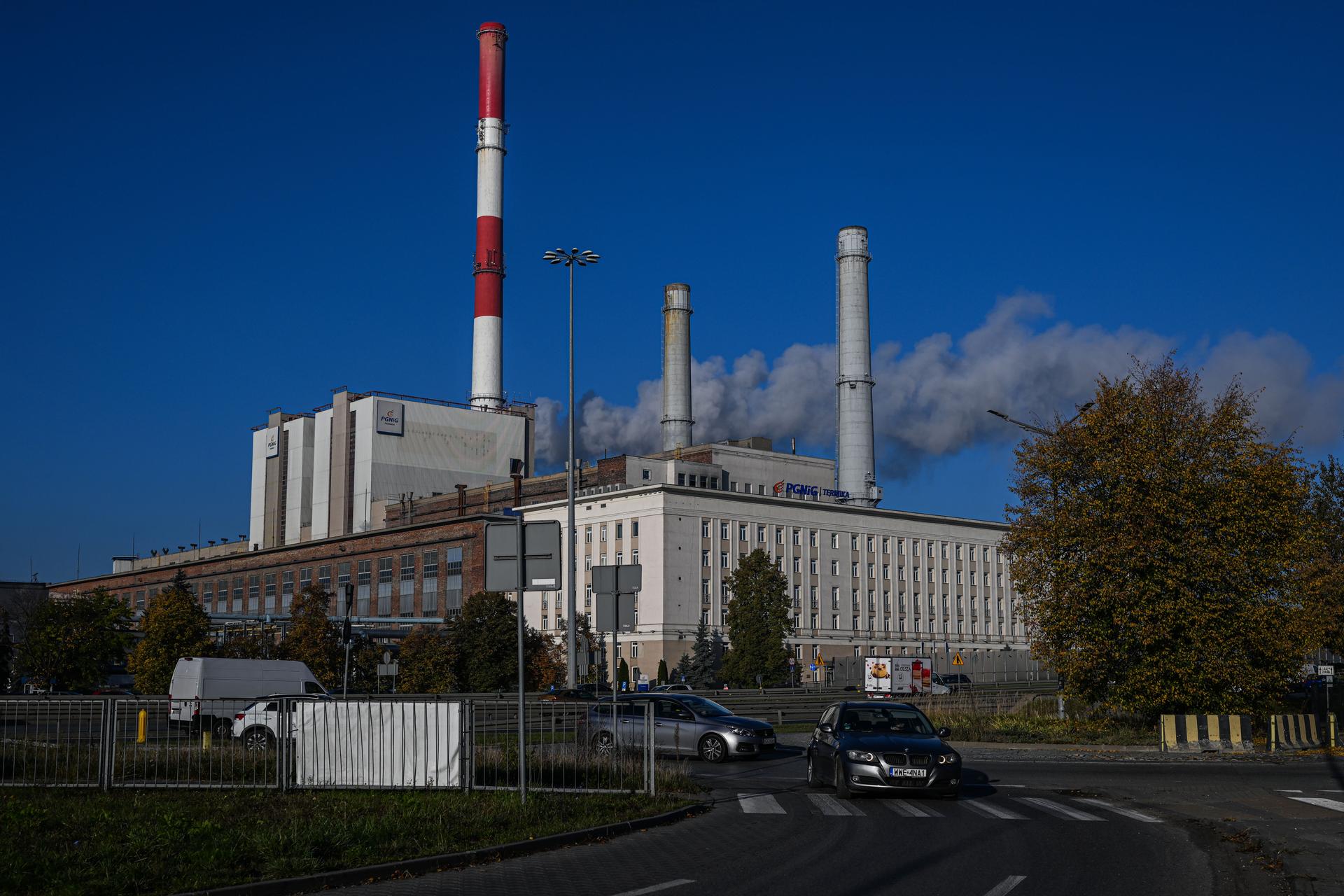
While Poland has historically relied on Russia for about 75% of its coal imports, a recent embargo has cut off those supplies. And that’s a problem.
“Polish households are struggling with where to get coal from and how to heat our homes,” Mackowiak-Pandera said.
Because of an embargo against Russian imports, about 60% of Polish households say they don’t have enough coal to get through the winter. Poland is now importing natural gas from other countries, including the US, and Norway via the Baltic Pipe, which opened up early this month.
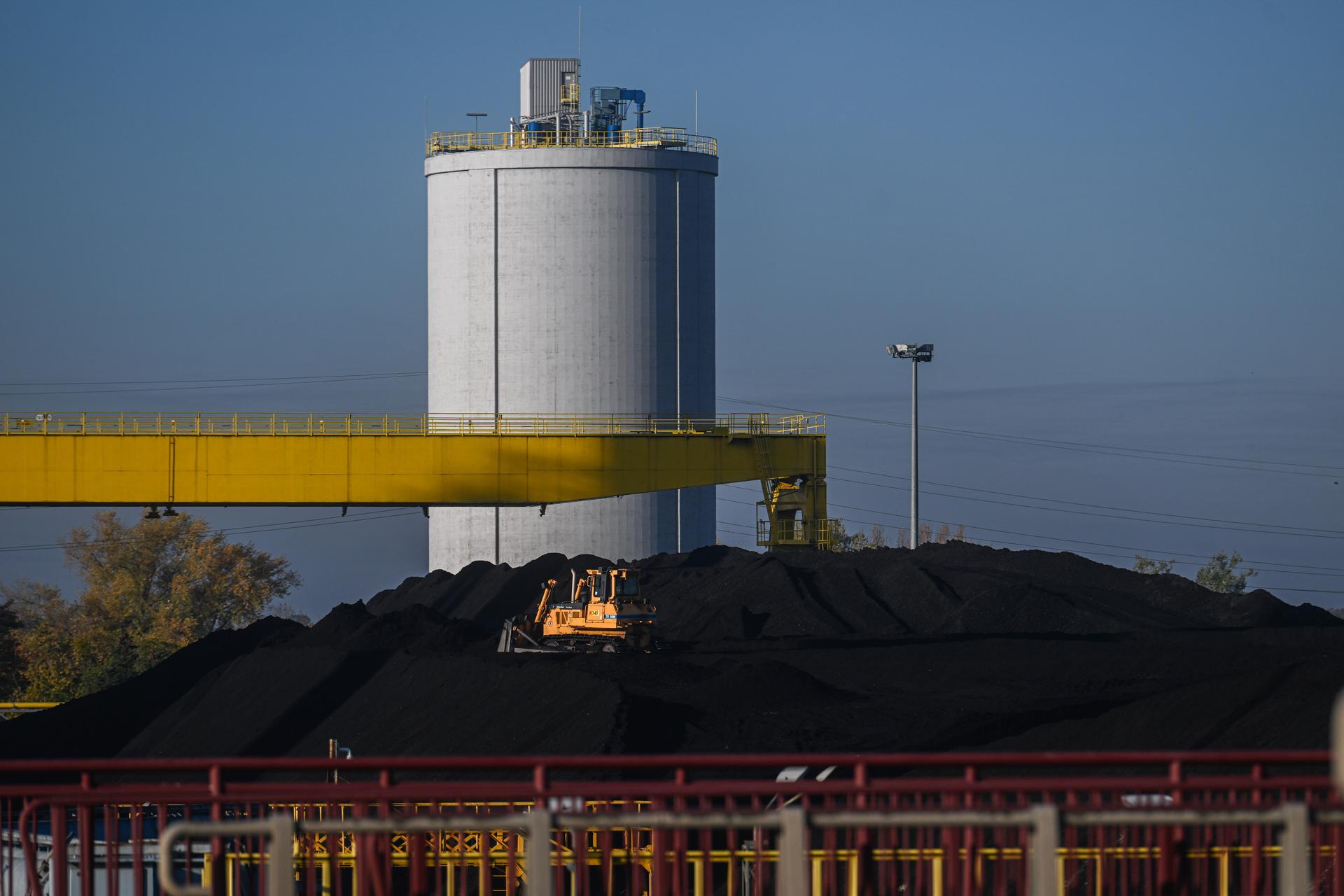
“I’m 100% convinced that next winter will be easier and so will the one after that,” Mackowiak-Pandera said. “But now, we are in the middle of a difficult, painful divorce — and we need to see it through.”
Czapor, staring at the empty fireplace in his living room, said that he has a simpler solution: “For Russia to end this war.”
But he quickly admitted that he doesn’t think that is a reality — “So, we will manage the best we can around the fireplace,” he said.
Our coverage reaches millions each week, but only a small fraction of listeners contribute to sustain our program. We still need 224 more people to donate $100 or $10/monthly to unlock our $67,000 match. Will you help us get there today?
